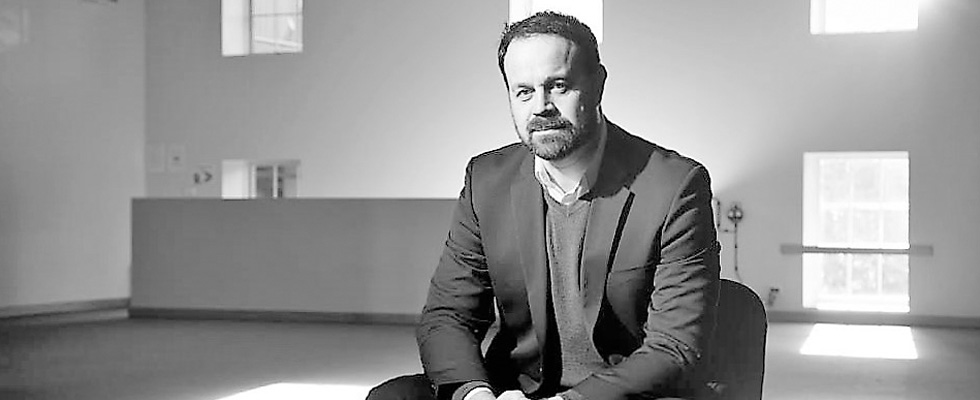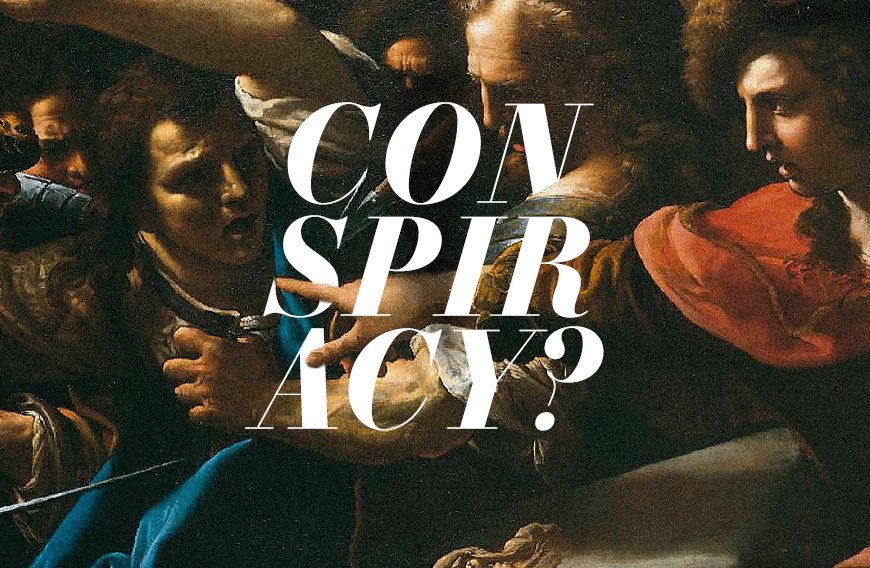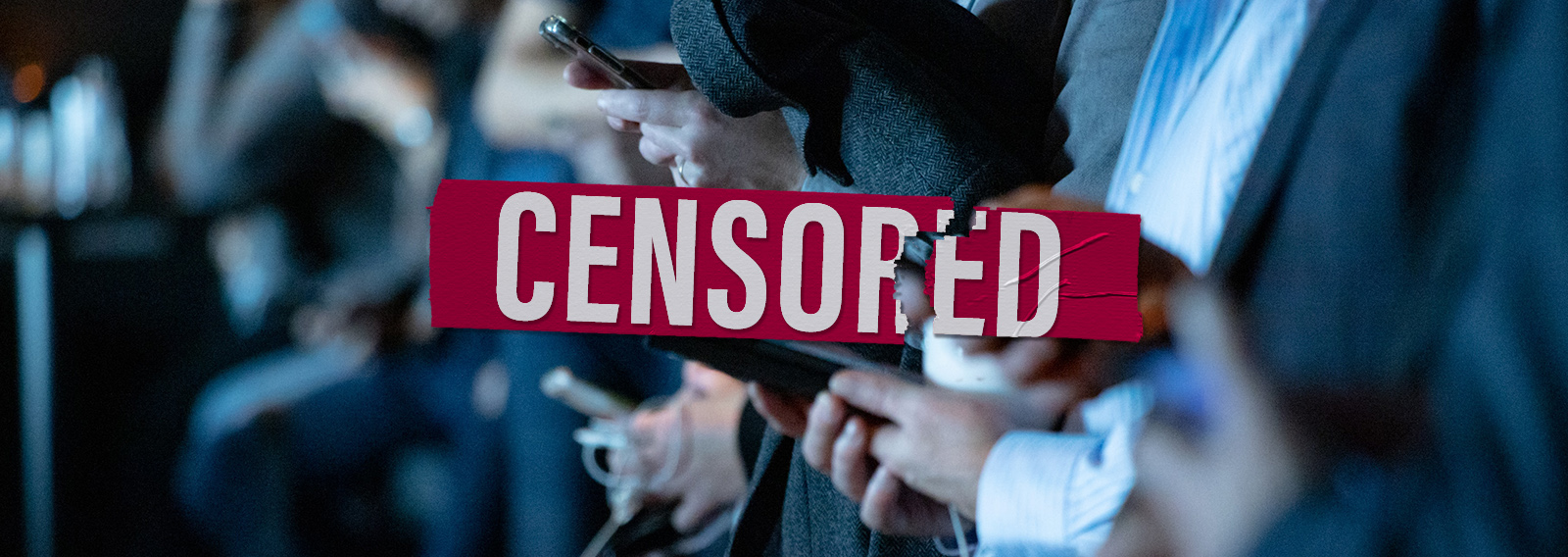In an age of shallow thinking, it has become all too easy to pass something off as a value – when virtue is what is meant – and sweep the population along in a certain way of thinking – or non-thinking. An example of this is ‘change’. It is like the word ‘diversity’ and is almost invariably associated with whatever is good or progressive. To say that something has not changed for some time is a sure way of damning it.
Like diversity, change goes both ways; it is not a synonym for ‘improvement’. When we look at old photographs or portraits, distance is emphasised. We do not dress as people did in seventeenth or eighteenth century England. John Owen dressed with some flamboyance while John Newton carried out his pastoral duties wearing an old seaman’s jacket – yet neither looks quite contemporary to modern eyes. Distance is not necessarily to be measured chronologically. Photos of trend-setting youths in flared trousers in the late 1960s and early 1970s can look as dated as Owen or less dated than Newton. Yet one does not get the same effect from reading old letters. The culture may be different, and the sentences much longer, and the thoughts more profound, yet human nature is recognisably the same.
The view that ‘new is better than old’ has evolutionary presuppositions in the modern world, and is joined to a kind of ignorant contempt for the past. In the 1920s and 1930s Ramsay MacDonald, the first British Labour Prime Minister, used to give rambling speeches about the world going ‘up and up and up’ and ‘on and on and on’, even when it was heading for Depression and another major world war.
The notion that change is good seemed to be ingrained in the national psyche, no matter what. Often this takes on ludicrous proportions. The first thing a new CEO or newly-elected politician does is change some names and letterheads, and restructure the organisation. Apart from running up unnecessary expenses, it is not certain what this usually achieves. The University of Western Sydney recently changed its name to Western Sydney University. Apparently, the cost was something like $20 million. No doubt some consultant did very well, much as a voodoo vendor would in another culture.
Some people may be predisposed to pessimism, and others to optimism, but Christians are to seek to change as God would have us change and to stand firm where God would have us stand firm. The ancient world was often anchored in antiquity and held to what was old precisely because it was old. There is considerable wisdom in that. As G. K. Chesterton said: ‘Don’t ever take a fence down until you know the reason it was put up.’ The ancient Athenians, however, disdained what was part of Roman culture: ‘Now all the Athenians and the foreigners who lived there would spend their time in nothing except telling or hearing something new’ (Acts 17:21).
Not all get excited at the thought of change. Henry Francis Lyte famously saw ‘Change and decay in all around I see;/ O Thou who changest not, abide with me.’ The prophet Jeremiah declared: ‘Thus says the Lord: “Stand by the roads, and look, and ask for the ancient paths, where the good way is; and walk in it.” But they said, “We will not walk in it”’ (Jer.6:16). ‘Stand firm in the faith’ is an oft-repeated biblical injunction (e.g. 1 Cor.16:13; Gal.5:1; Eph.6:13; Phil.4:1).
How do we reconcile the necessity to grow, and thus be changed, with the call to stand firm, and therefore not to be swept along with the tide? The Christian is one who is indwelt by the Holy Spirit and joined to Christ. Christ is the same, yesterday, today and forever (Heb.13:8), but we are to be ‘transformed into the same image from one degree of glory to another’ (2 Cor.3:18). In that sense, as Luther said, ‘To stand still on God’s way means to go backwards, and to go forward means ever to begin anew.’ In Christ, we are changed to conform more and more to Him who does not change. Therein the slogans are cast aside, and we can change without declining, and stand firm without stagnating.


















